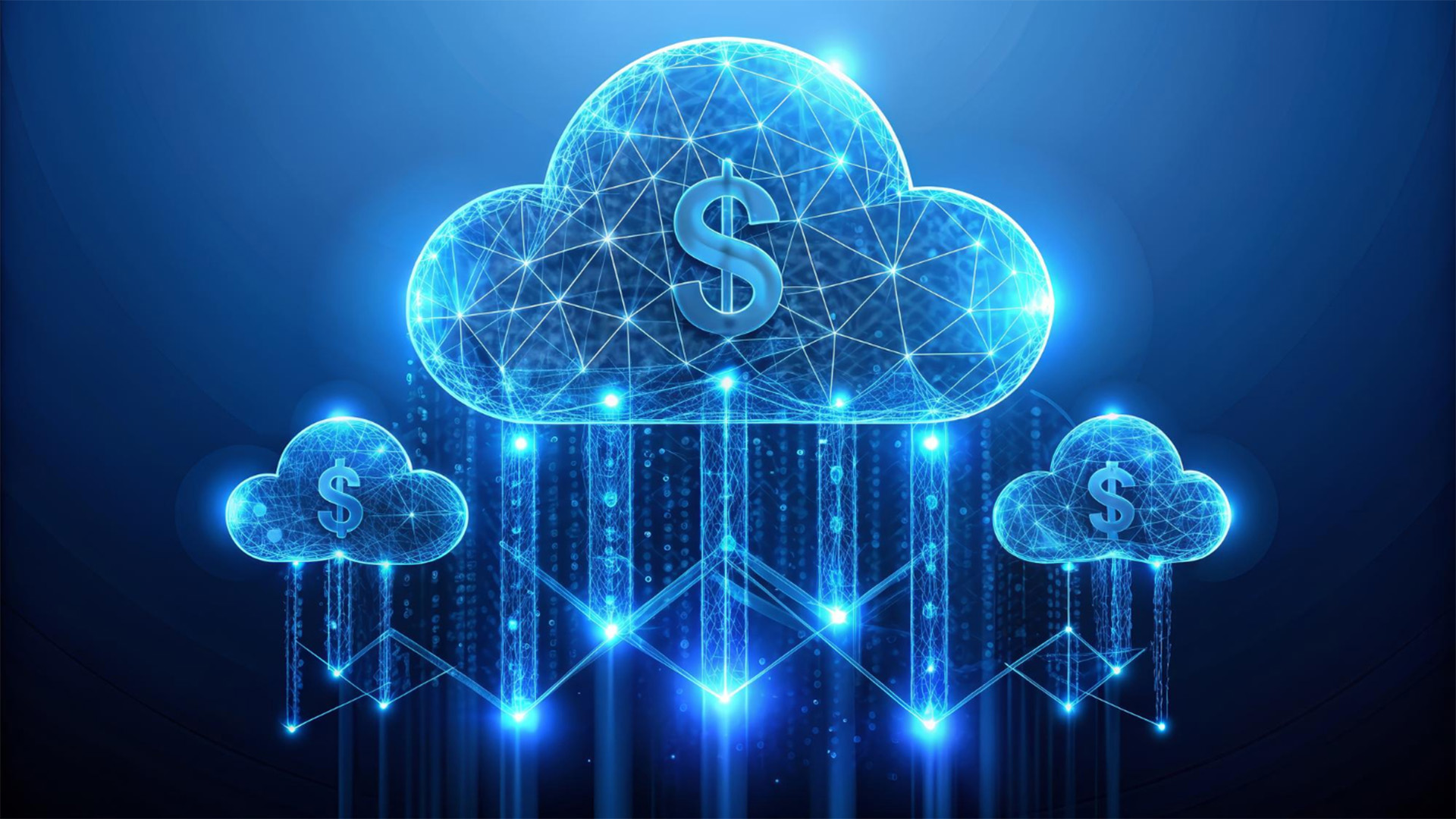The digital age has transformed healthcare, with data analytics at its core. From making hospital operations more efficient to forecasting serious health issues, applications of data analytics in healthcare is changing how professionals deliver, manage, and improve care.
Data once hidden in spreadsheets and medical records now drives smarter choices and better results. Healthcare providers use analytics not just to treat illnesses, but to stop them before they start. This marks a shift from reactive care to proactive personalized, and cost-effective health systems.
Let’s look at eight powerful ways data analytics in healthcare industry is causing a revolution.
1. Predictive Analytics for Patient Care and Disease Prevention
Picture catching a health problem before you even feel sick. Predictive analytics makes this happen. By looking at patient history, lifestyle, genes, and surroundings, doctors can spot conditions like diabetes, heart disease, or some cancers.
Hospitals use these insights to find patients at risk and step in, maybe through lifestyle advice or closer check-ups. This boosts health outcomes and cuts down on emergency visits and long-term treatment costs.
It’s a key way to use application of data analytics in healthcare shifting the focus from treating illness to keeping people healthy.
2. Personalized Treatment Plans with Data Analytics
Healthcare is getting personal. Data from genetic profiles wearable devices, and health records now allows doctors to customize treatments for each patient.
Take a cancer patient, for instance. They might receive a drug that data shows, works best for people with their exact genes. This method known as pharmacogenomics, moves away from the “same treatment for everyone” approach and boosts success rates.
Using application of business analytics in healthcare also makes sure resources go to what works, cutting down on unneeded procedures and boosting productivity.
3. Operational Efficiency Through Real-Time Analytics
Hospitals always face pressure to do more with less. Live data analysis helps them assign staff well, keep track of open beds, and watch how patients move through the system.
Dashboards give quick updates: When ERs get too full, automatic alerts can pop up spurring action before bottlenecks get worse. Prediction models also hint at how many staff you’ll need based on the time of day, season, or past data.
This clever scheduling saves money, boosts care quality, and makes patients happier. This is another strong use of application of data analytics in healthcare.
4. Fraud Detection and Prevention
Healthcare fraud isn’t just wrong, it’s expensive. Wrong bills fake claims, and upcoding waste billions each year.
Analysis tools spot odd patterns in billing and claim submissions. If a clinic bills way too much for a service, the system flags it. Insurance companies also use machine learning to check claims on the spot.
This saves money and has an impact on transparency and trust across the healthcare system.
5. Patient Engagement and Retention
Healthy patients stay engaged. Data analytics helps understand what motivates people to manage their health, whether it’s reminders mobile app updates, or personalized messages.
Analytics groups patients by behavior and preferences, enabling communication strategies that work. Providers can check appointment attendance, watch for dropout risks, and reconnect with patients through focused outreach.
It’s a subtle but effective way to use applications of data analytics in healthcare improving long-term loyalty and outcomes.
6. Drug Discovery and Clinical Trials Optimization
Creating new drugs can take ten years. Analytics is helping speed up this process.
By examining vast datasets, such as genetic information and disease models, AI can spot potential drug candidates more. During clinical trials continuous monitoring detects safety problems or shows patterns that help modify protocols.
Drug companies now use application of data analytics in healthcare to bring treatments to market faster and more than ever.
7. Electronic Health Records (EHR) Analytics
EHRs are more than digital charts, they’re a treasure trove for enhancing care. When studied, these records help doctors make evidence-based choices.
For instance, when a system notices a patient with asthma history making frequent visits due to breathing problems, it might propose other treatment options or highlight environmental triggers. It also warns healthcare providers about drug interactions or skipped screenings.
This kind of EHR analysis helps population health strategies and cuts down on avoidable complications, a key part of modern data analytics in healthcare examples.
8. Cost Reduction and Financial Sustainability
The growing expense of care worries people worldwide. Analytics helps by spotting what drives costs and where we can save money.
Hospitals use data to forecast high-risk cases, stop readmissions, and handle inventory better. Algorithms also fine-tune billing cutting down on rejected claims and speeding up reimbursement.
All of this helps maintain financial stability while enhancing patient care, showing yet another key use of data analytics in healthcare industry.
Rapyder’s Services for the Healthcare Sector
Rapyder provides cloud-based analytics solutions customized for healthcare. Their platforms connect with existing systems, such as EHRs and patient portals, giving instant insights into both clinical and operational areas.
From forecasting patient numbers to protecting sensitive data, Rapyder’s services aim to increase productivity, cut costs, and meet regulatory standards. Their in-depth knowledge of business analytics in healthcare industry field makes them a preferred partner for organizations wanting to digitize in a smart way.
Conclusion
The role of analytics in healthcare is no longer optional, it’s essential. From predictive care to cost control, the application of data analytics in healthcare is reshaping the future of medicine.
With smarter insights, faster responses, and more personalized care, analytics doesn’t just improve healthcare, it redefines it.
Analytics in healthcare isn’t just a choice anymore, it’s a must. From predicting care to controlling costs, the application of data analytics in healthcare has an impact on how medicine will look in the future.
With sharper insights quicker responses, and care that fits each person, analytics doesn’t just make healthcare better, it changes what healthcare means.
Ready to transform your healthcare systems? Partner with Rapyder and unleash the full power of data analytics in healthcare.







